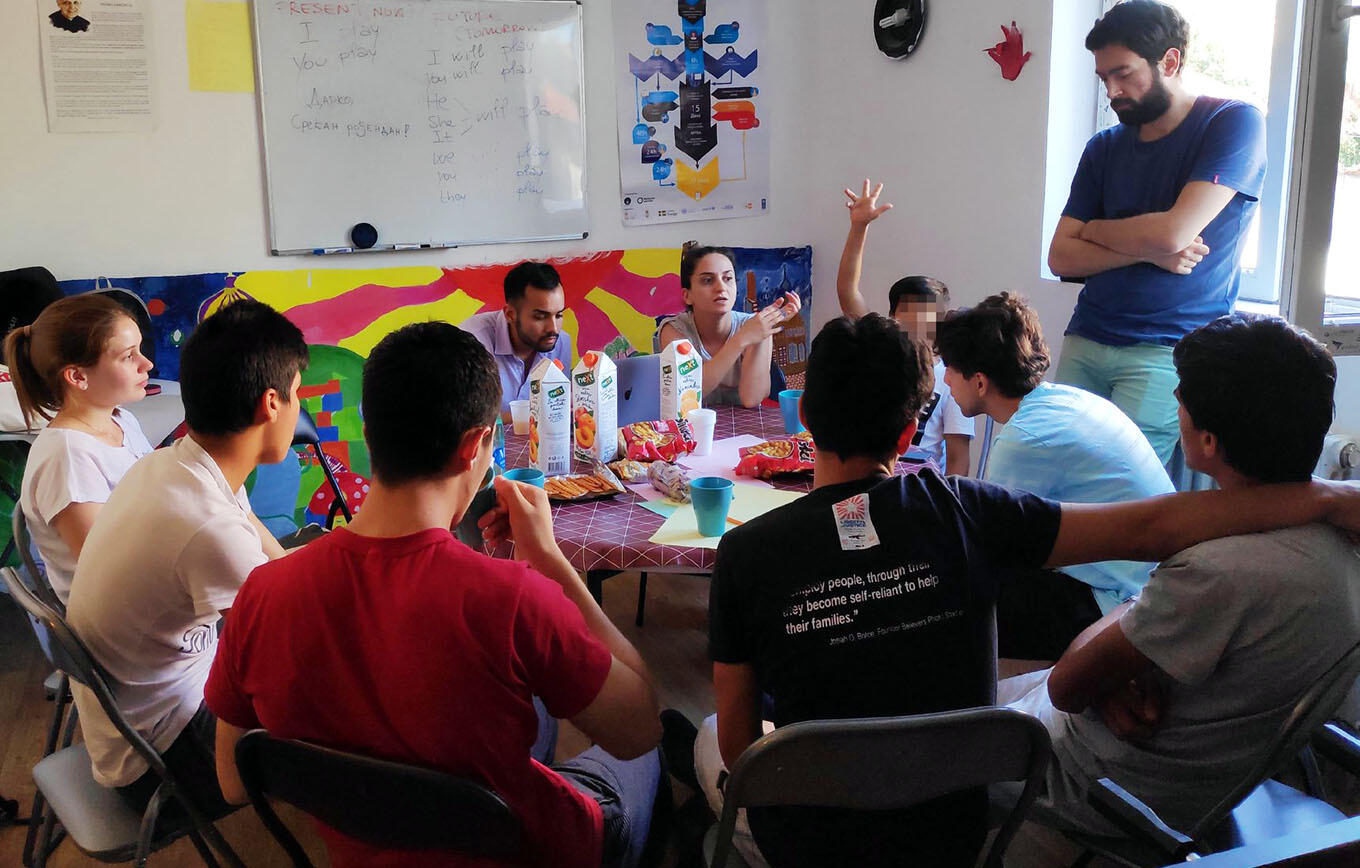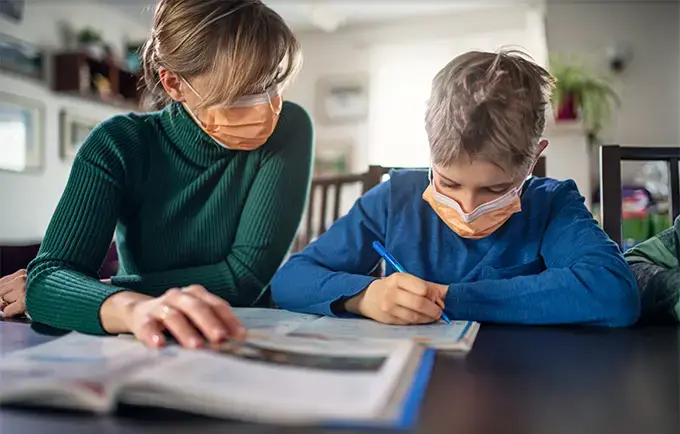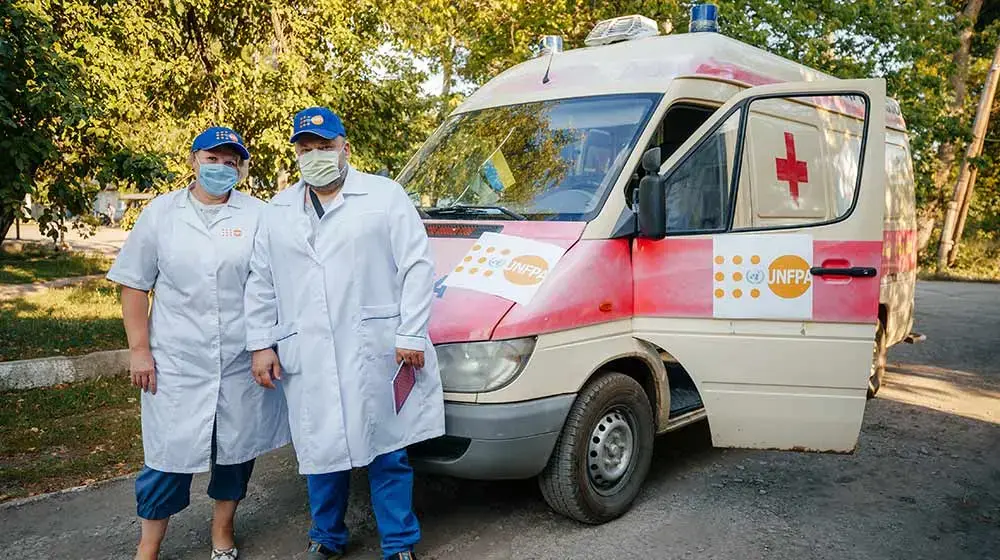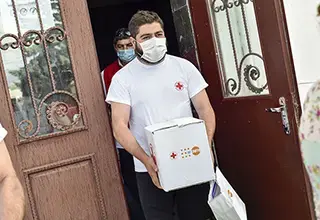BELGRADE, Serbia — “I get tired of trying to explain, of asking why and where this fear [of migrants] comes from,” says Sami Rasouli, age 18. “People see wars in our countries and think we are all like that, like fighters.”
On his journey seeking safety from the ongoing dangers in his home country of Afghanistan, Rasouli has encountered stigma, but also acceptance. In Serbia, a transit country for some 30,000 migrants each year, he has found something else, too: assistance in navigating some of the challenges he faces as a young man on his own in unfamiliar cultures, and a role in helping others do likewise.
“Refugee boys are often on the move, staying in one place for a short period of time, which creates difficulties with building relationships and integrating in the local community,” says Irena Stojadinović, a senior psychologist at the Psychosocial Innovation Network, a Belgrade-based NGO. “They face challenges regarding cultural differences, as well as misunderstandings when communicating their needs and thoughts which can make them feel isolated.”
In order to help address these needs, two UNFPA partners in Serbia, the Psychosocial Innovation Network and InfoPark, have been implementing an innovative life skills programme. Called Boys on the Move, it was developed by UNFPA and UNICEF specifically for unaccompanied and separated adolescent boys and young men displaced by conflict, poverty or related causes. In ten weekly sessions held at shelters and community centres, the programme covers topics that provide boys with the skills and competencies they need — ranging from communication and relationships to managing money and planning for the future — to navigate risks they may encounter on their migration journeys.
“The Boys on the Move programme provides a safe space for talking about relevant topics that are not discussed in their peer group,” says Stojadinović. “By sharing their thoughts and feelings, hearing about the experiences of others, and discovering new ways to deal with the issues they face, they develop a sense of security as well as feelings of competence and self-confidence.”
Challenging dominant stereotypes about masculinity
Sexual and reproductive health and gender equality are among the important issues covered in the programme’s non-formal curriculum. Sessions on emotions encourage boys to manage and express their emotions in a way that challenges dominant stereotypes about masculinity, while those on communication and relationships promote open, non-violent communication with partners and negotiating consent.
“The need to talk about various types of contraceptives as well as the topic of sexually transmitted infections was evident in some of our sessions,” says Stojadinović. “The conversation about consent also elicited great interest and helped broaden the participants’ knowledge about practicing safety and showing respect when it comes to sexual behaviour.”
UNFPA has been working in Serbia since 2017 to build the capacity of NGOs, service providers and government institutions to respond to the needs of young male refugees and migrants and effectively roll out the Boys on the Move programme. In addition to Serbia, the programme is also in use in Bosnia and Herzegovina, Greece and Italy.
“The Boys on the Move curriculum has been getting very positive feedback from participants, and our partners see it as a very cost-effective programme,” says Jovana Petrovic of UNFPA Serbia. “The boys become agents of change, with the ones already attending the programme helping to motivate new arrivals to join as well.”
The Boys on the Move sessions combine discussion-based lessons with bonding exercises like sports; participants spend half a day in the workshops and then the other half cycling or playing football outside, sometimes with local Serbian peers. Some boys and young men like Rasouli also become informal cultural mediators, volunteering with NGOs to help them reach out to other migrants and build bridges with host communities.
“We are born in different societies and each culture has things that are okay to do there but not in another country and vice versa,” says Rasouli. “I communicate in both situations, explaining the cultural meaning to both sides. When you learn about these differences, you do not get offended by them.”





